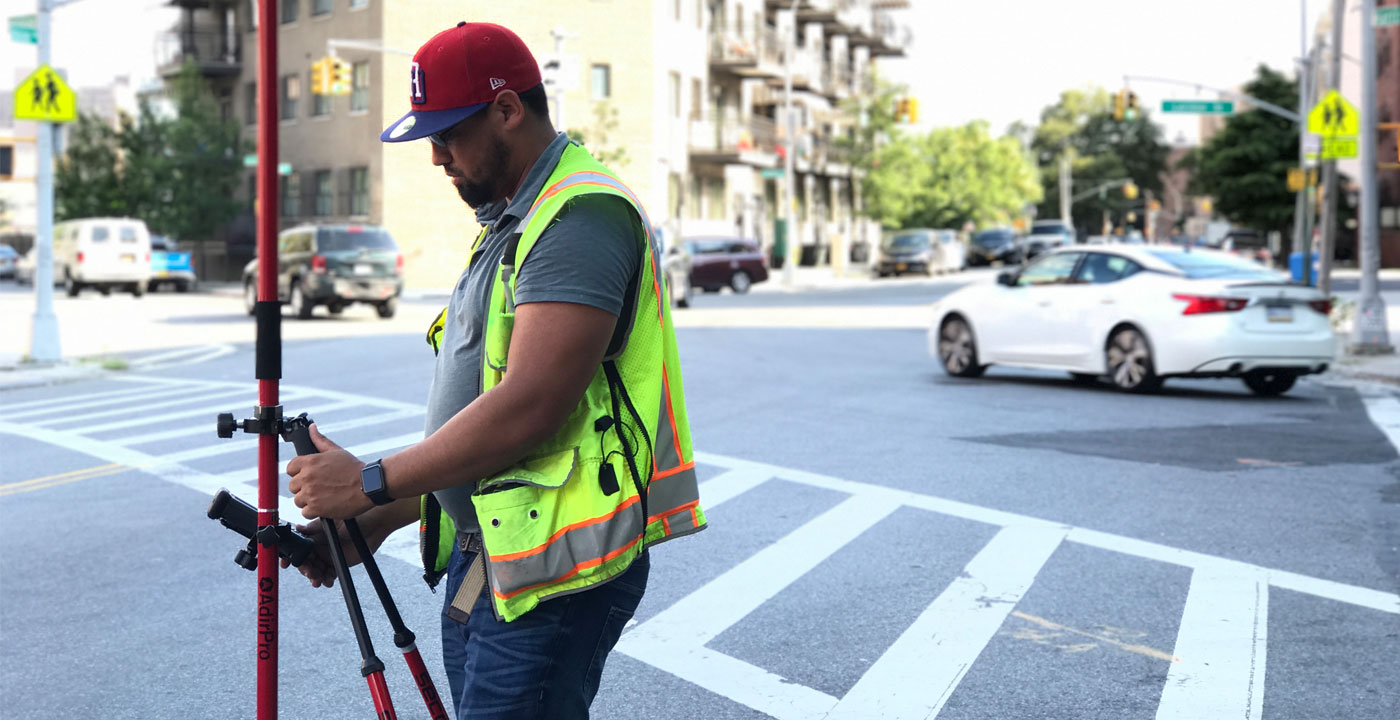Civil engineers are responsible for ensuring that people have a functional and safe environment to live, work and play in. They design the roads that people use to get to work, and they certify that the buildings they work in are safe. In today’s complex world, there are very few physical elements that weren’t designed or certified by engineers. Civil Engineers in Austin even review parks and playgrounds. They ensure that the landscape won’t cause flooding onto neighboring properties and that the equipment is safe.
Because of these vast responsibilities, each state regulates the requirements it takes to be a civil engineer. Usually, a person must have an engineering degree from an accredited engineering program and pass a difficult state registration exam. Only people who meet all of the requirements are legally allowed to call themselves civil engineers. All of the plans they design must have their registration stamp. Most states require that they sign the plans as well.
Civil Engineers in Austin may become specialists. Transportation engineers specialize in designing and constructing safe roads, while structural engineers certify that buildings are sound. Hydrologists are engineers that specialize in how water moves through the ground. These specialties often merge, and engineers must work collaboratively. A transportation engineer has to know how to construct a road through difficult terrain. Often, they make steep cuts in the landscape that require retaining walls. The specification of the walls requires understanding how much water in the soil will press against the retaining wall.
Working with a large engineering firm such as Baker-Aicklen and Associates Inc., ensures that a client has access to all of the engineering specialties and that the engineers are used to working together. Local communities usually have boards and inspectors that review the work of engineers. Project managers are engineers that are adept at shepherding projects through the review phase. They can explain a complex project to the public who attend hearings. They can also explain to inspectors why they chose particular layouts, materials and structures.
During the construction phase, project managers keep all of the subcontractors working efficiently. It is their responsibility to make sure that the construction is done in accordance with the plans.
